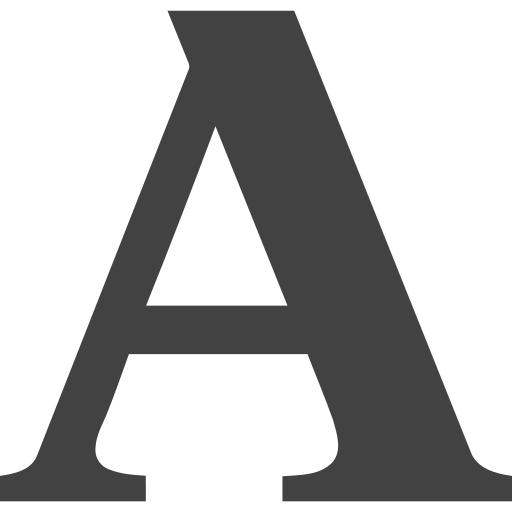UNESCO and improving training of journalists. A compendium of proposals
Keywords:
UNESCO, periodismo, libertad de expresión, formación, universidad, journalism, freedom of expression, training, universityAbstract
One of the most interesting UNESCO´s work focus and least known is the proposal of reflection and action to improve the training of communication professionals globally and in particular journalists. Starting with the premise that there is no robust and healthy democracy without accurate information and informed debate in society, this UN agency has been working since 2005 bringing together information professionals, universities and specialized training centers in order to analyze mean weaknesses in the training of journalists of the future, and to propose improvements in training that can neutralize them. The shortcomings come not only from own journalistic skills, such as writing, analysis, coverage in multiple formats; they also come through the lack of basic skills related to critical thinking, ethics, analytical skills, structuring of information and training in various specialized content. This paper provides a synthesis of the main findings and proposals of UNESCO in the field, in order to facilitate and increase the debate and reflection in our context.Metrics
Downloads
Published
How to Cite
Issue
Section
License
Authors who submit to this journal agree to the following terms:
Authors retain copyright and ensure the magazine's right to be the first publication of the work as licensed under a Creative Commons Attribution-NoComercial 4.0 International License that allows others to share the work with an acknowledgment of authorship of the work and the initial publication in this magazine, with no commercial purpose.
Authors can establish separate additional agreements for non-exclusive distribution of the version of the work published in the magazine (for example, to an institutional repository or publish it in a book), with an acknowledgment of its initial publication in this journal.
It allows and authors are encouraged to disseminate their work electronically (eg, in institutional repositories or on their own website) prior to and during the submission process, as it can lead to productive exchanges, as well as a citation more early and most of the published work (See The Effect of Open Access).















